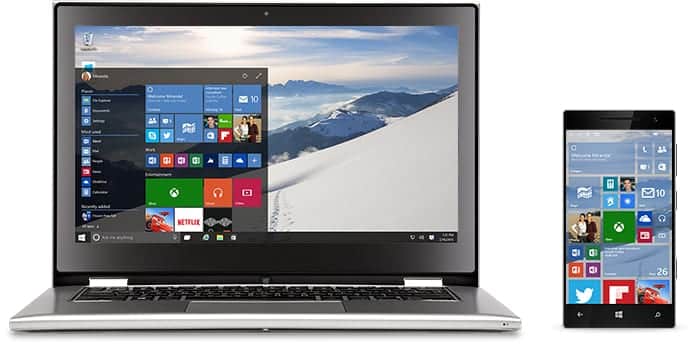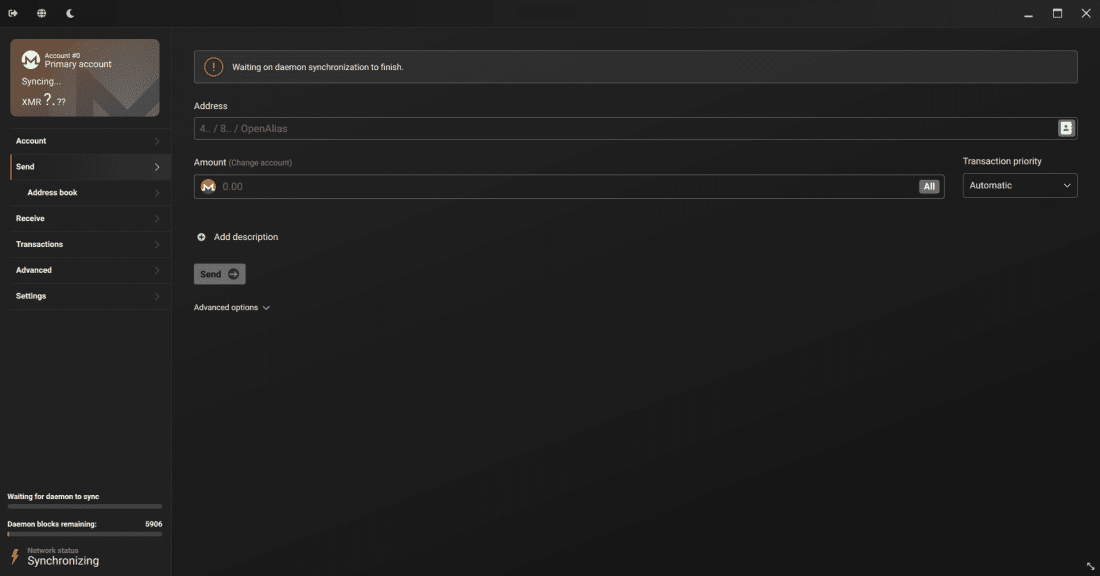The Chinese government doesn’t have the most delightful relationship with the U.S., and Windows is developed by Microsoft, an American company. Could this be why they have banned the use of Windows 8 on government computers?
They attempted to replace Windows with Kylin, a Unix-like OS based on freeBSD, and another OS called Asianux was under development as well.
Being a Linux user for several years has helped me to realize why governments and organizations choose to develop Unix-like operating systems (Linux is one of them) for themselves. Unix-like operating systems are usually open-source and fully customizable.
Use of a Linux OS especially is the most effective way to operate with no strings attached. Your custom Linux machine can be completely inaccessible to everyone else, unless a good hacker breaks into it.
Apart from that, according to Xinhua, Ni Guangnan (the head of China’s state-run engineering arm) said that they are now developing their own OS because Microsoft terminated support for Windows XP, which accounts for 44% of the Chinese desktop PC OS market.
He told Xinhua: ‘Our key to success lies in an environment that can help us compete with Google, Apple and Microsoft,”
Will The Chinese Government Try To Encourage The Use Of Windows Alternatives Among Consumers?
This is a possibility. There are potential benefits associated with this if a Unix-like OS is used, including a lack of ties to software vendors in general, regardless of country, and greater security (especially where malware is concerned).
What Will They Do About Mobile Devices?
This OS will be rolled out on desktop computers first. However, deployment on mobile devices will follow. Mobile smartphone and tablet technologies are so common among almost everyone, that this project would be completely pointless if they were excluded from it.
Smartphone and tablet technology has even more ties to manufacturers and OS vendors than desktop and laptop computers.
For more technology-related news, visit the technology category, and for reference articles pertaining to technology, visit the technology section.








